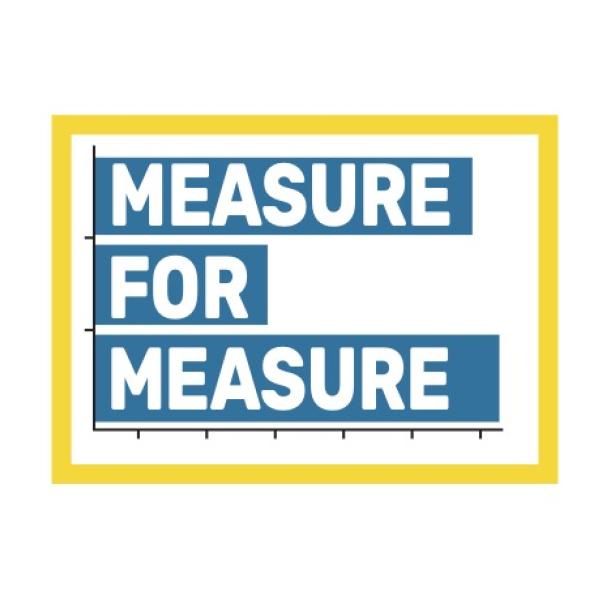Blue Star Museums Art Talk with Kathy Roth-Douquet

When Kathy Roth-Douquet, the CEO of Blue Star Families, first approached the NEA about partnering on a program to show appreciation for military families, she expected that the program would take place over one weekend each summer. What she didn’t expect was that the proposed program, Blue Star Museums, would run from Memorial Day to Labor Day—for eight summers now—and that more than 2,000 museums across the U.S. would sign up to participate each season. This summer, as Roth-Douquet sends her daughter off to freshman year at the University of Chicago, the family’s Blue Star Museums itinerary includes the Art Institute of Chicago and the Cleveland Museum of Art on the way. We caught up with Roth-Douquet by telephone to talk about the beginnings of the partnership—for which the NEA garnered the Blue Star Families Civil Leadership Award—as well as the importance of arts and culture to military family resilience, and the significant role participating Blue Star Museums play in saying not just thank you to military families, but also welcome.
NEA: This is the eighth year of the NEA’s partnership with Blue Star Families on Blue Star Museums. Why did Blue Star Families first consider the NEA as a partner?
KATHY ROTH-DOUQUET: We were really excited to work with the NEA because we know that arts and culture have so much to do with people's overall wellbeing. Blue Star Families’ mission is to tell the story of military family life and to create community among military families and their neighbors. We know that arts and culture are really key both to storytelling and to creating community. Beyond that, they’re also key to finding within yourself the resilience you need to live a difficult life, a challenging life, which a military life is. We saw working with the NEA as a real opportunity. What was so wonderful for us was how receptive and enthusiastic the NEA was to helping us with our mission.
When we first came up with the program, my idea was that we would pick a weekend in the summer, a long weekend like Memorial Day weekend or July 4th. The NEA said, “Let's try doing it for the whole summer—from Memorial Day to Labor Day. I said, “The museums won't go for that, will they? That's just too much to ask for.” What we found out was that it wasn't too much to ask. It really surprised me how quickly and thoroughly the museum community embraced this, and it's only continued to embrace Blue Star Museums.
NEA: If you had to write a job description for the Blue Star Museums program, what would you say?
ROTH-DOUQUET: The job of Blue Star Museums is to open up a world to military families that helps them appreciate their mission of supporting and defending America. What is in that museum is something that's important about America; that’s why it was raised to the point of being in a museum to begin with. Blue Star Museums gives back to the protector and defender of America that thing that they are defending and protecting, and at the same time it's expressing the country’s and the community's appreciation for that hard work. It’s also creating a person-to-person connection between the people who curate and love the museum and the people who are defending what's in it—the military service members and their families.
NEA: What in your opinion is the particular benefit of Blue Star Museums for military families?
ROTH-DOUQUET: The benefit to the military family of going to Blue Star Museums are many. On the top level is it’s a nice thing to do with your loved ones. It's really nice to have an enriching, free, fun thing to do. [There’s also] that expansiveness that happens in a museum for people, that sense that there are larger possibilities, there are larger ways of seeing and experiencing things. There also is that sense of community. One thing we hear from people so often is that when they come into a museum and they say, "We're here for Blue Star Museums" or “We're a military family member,” and the staff says, "We’re a Blue Star Museum so you're welcome [to come in for free], that encounter is so meaningful to people. People just love that.
We hear from many military families that Blue Star Museums is their favorite benefit for being a military family member, and that's a significant thing. I think it makes military families feel that the museums belong to them, [that museums are] a part of their lives, something that they should go out of their way to engage with because it's special for them. To me, that's a really exciting impact. It’s allowed us to tell the story, I think, of how important the arts are. Often when people think about military families, they think of very serious, substantive [issues] like suicide prevention or caregiver support, which are very important. Blue Star Museums lets us tell the story that the arts are equally important. The arts are part of what makes a person healthy, and when we pursue our mission of telling the story of military life, arts and culture [are] at the front of telling that story.
We're excited for another summer of Blue Star Museums, running from May 29-September 4 this year! Read more about the program here.



